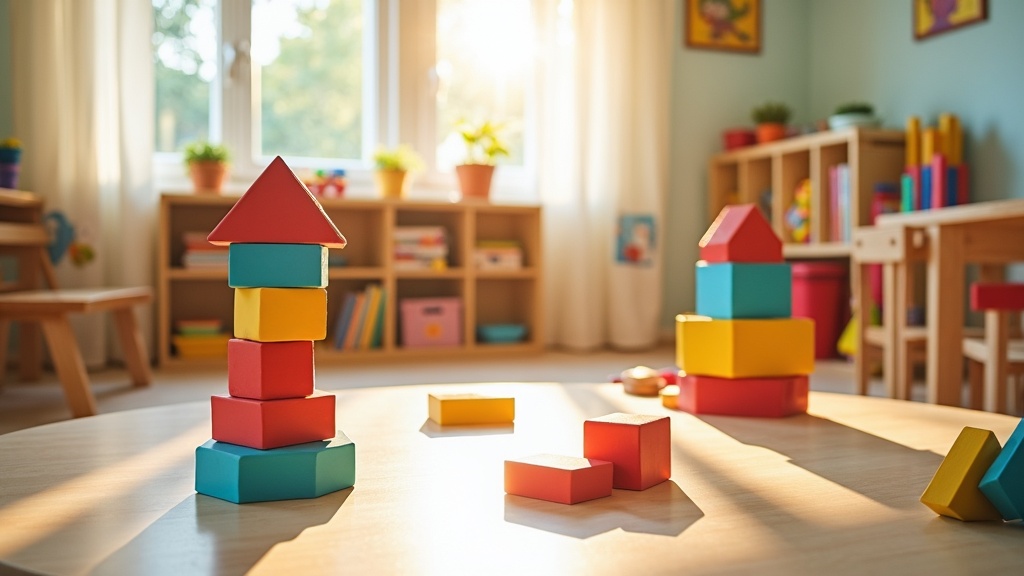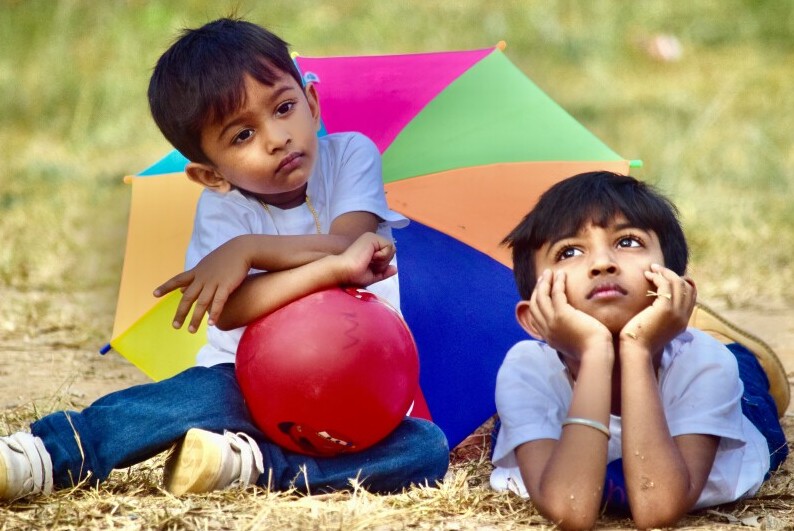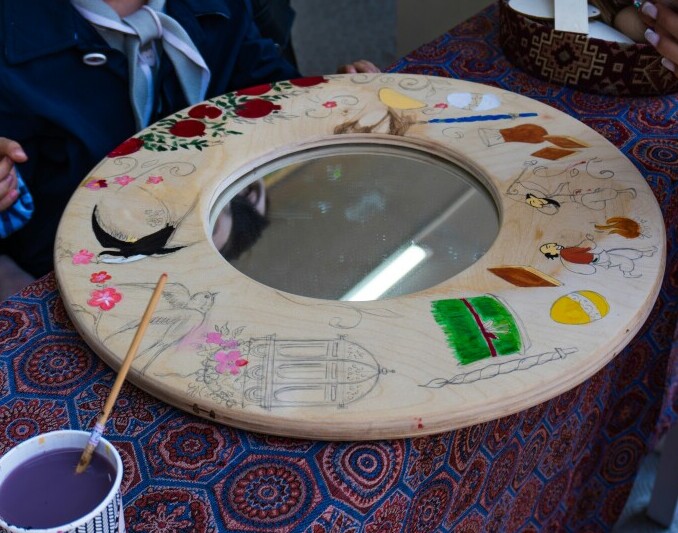Preschoolers learn best when they’re having fun, and that’s why playbased activities are such a smart way to build social skills at this age. Through play, young kids figure out how to make friends, handle emotions, and work with others—all at their own pace and comfort level. Today I’m sharing some simple, hands-on activities I’ve seen work really well to grow social abilities in preschoolers. These are easy enough for teachers, parents, or caregivers to try out, even with a group of squirmy little ones.

Why PlayBased Learning Works for Preschool Social Skills
Learning social skills as a preschooler can sometimes feel overwhelming if things get too serious or structured. Play gives kids a break from pressure, letting them explore new social behaviors in a lowstress way. Playbased learning feels just like regular fun, but it’s actually setting the groundwork for better sharing, turn taking, and cooperation down the road.
Kids who play together learn to read each other’s feelings, handle conflict, and talk things out. These foundational tools are important for both school and life. Play also makes every kid feel included, since it’s flexible enough for different personalities, abilities, and comfort levels. According to the National Association for the Education of Young Children (NAEYC), free play is linked to stronger language skills and peer relations, giving kids a good head start before they begin formal schooling.
Core Social Skills Developed Through Play

Socialemotional growth covers a lot of ground for preschoolers. Some of the big skills that playbased learning naturally helps with include:
- Taking turns: Waiting for your turn and letting someone else go first don’t always come easily for three and four year olds. Play helps them practice this over time.
- Sharing: Toys, art supplies, and even adult attention; preschoolers get plenty of chances to practice giving and receiving through games and group play.
- Communication: Through pretend play and group activities, kids use words, eye contact, and even their tone to express what they want or how they feel.
- Empathy: Seeing things from a friend’s point of view starts here, especially in role play, puppet shows, or cooperative games.
- Problem solving: When a block tower tumbles down or two kids both want the same shovel, play offers a reallife opportunity to figure out solutions together.
Simple PlayBased Activities to Boost Preschool Social Skills
Most preschool social skill activities don’t need fancy supplies or complicated instructions. Here are a few that have proven to be favorites among groups of kids, both at home and in preschool classrooms. These ideas make it easy to build social skills and are easy to set up.
1. Partner and Small Group Games
- Musical Chairs (but cooperative): Instead of removing kids when the music stops, take out a chair each round and encourage everyone to squeeze together or share a seat. This approach builds teamwork and helps kids adapt to sharing space.
- Rolling Ball Partner Game: Sit in a circle and roll a ball to someone while saying their name. It helps with name recognition and fosters positive peer connections.
- Animal Freeze Dance: Put on fun music and call out different animals. Kids move around the room and freeze on cue while trying to pose like their favorite animal. It encourages participation and shared laughter, strengthening friendships as they guess each other’s animal poses.
2. Pretend Play and Dramatic Play Corners
- Role Play Corners: Transform part of your living room or classroom into a pretend grocery store, doctor’s office, or vet clinic. Props like stethoscopes, play money, or empty food boxes let kids naturally take on roles, negotiate who gets to be what, and practice empathy by caring for “customers” or “patients.”
- Puppet Play: Homemade sock puppets or simple character puppets work great. Set up little skits where kids work together, solve a pretend problem, or talk about feelings. Puppet shows give even quieter kids a chance to find their voice.
- Dress Up Sharing: Set out a box of costumes and encourage kids to create plays and stories together. Let them choose roles and take turns being the “main character” in each round of acting. This builds cooperation and respect for others’ ideas.
3. Tabletop Activities and Cooperative Art

- Collaborative Collages: Lay out a large sheet of paper and let everyone decorate with stickers, stamps, and scraps. The focus is on working side by side, making group creative choices, and seeing how each person’s touch adds something new.
- Building Projects: Use blocks or basic construction sets to make group towers, bridges, or cities. Sometimes structures collapse if everyone doesn’t work together, teaching cooperation firsthand.
- Story Chain: Sit at the table and ask each child to add a sentence to a group story. By mixing ideas, kids learn about listening, waiting their turn, and adding to others’ thoughts.
4. Outdoor and Big Movement Games
- Parachute Play: This classic group activity involves lifting a big play parachute up and down while following directions, working as a team, and practicing listening skills.
- Follow the Leader: One person leads, and the others mimic their movements. It’s great for confidence, encourages attention, and helps kids match up with what others are doing.
- Obstacle Course Relay: Set up a simple obstacle course outdoors using cones, hoops, and beanbags. Have kids team up to complete the course together, cheering each other on and figuring out how to help a friend who might need a hand. This is not just fun—it helps with teamwork and encouragement.
Common Challenges and How to Handle Them
Even with fun playbased activities, preschoolers will run into bumps. Arguments, frustration, or shyness can appear, especially in a new group or setting. Here’s what I’ve found helpful in those moments:
- Setting the tone: Model calm, kind words when kids have a tough moment. Saying, “I see you really wanted that turn. Let’s try asking if you can have it next,” can make a big difference.
- Encouraging participation: Some kids might need a little nudge. Invite quieter children to begin as helpers, pass out supplies, or “supervise” part of an activity, so they get comfortable before jumping fully in.
- Troubleshooting conflict: Stay close by during group games to gently step in, coach through moments, and then encourage kids as they try out new solutions on their own.
With steady routines, clear boundaries, and encouragement, kids become more at ease with group play and working through little disagreements. Setting small goals, like working together for five minutes, helps build confidence for those still learning these social skills.
RealLife Examples and Practical Tips
These strategies have worked time and again in classrooms and at home. For example, one preschool I worked with had a daily “friend helper” job pairing kids to hand out materials or lead a silly song. Simple responsibilities like these sparked new friendships and made shy kids feel noticed and included.
At home, siblings can practice turn taking with board games or art projects done together. Even if you only have two children, they can build and share with blocks or try out paired pretend play. Asking kids questions like, “How do you feel when your friend listens to your idea?” or “What can you do if you both want the same crayon?” keeps the conversation going and turns everyday play into learning opportunities.
Choosing and Planning Social Skill Activities
Choosing the right activity depends on your group, space, and what your kids prefer. Some children run straight for movement games, while others may feel more comfortable with quiet art or puppet play. For teachers, rotating toys and changing up play centers every few weeks brings some variety and encourages new friendships to form.
Keeping group sizes small (three to six kids) makes group activities easier to manage. In larger classes, you can set up a few stations and let groups rotate through. For extra support, mix playbased activities with books about friendship, emotions, and cooperation, such as “Hands Are Not for Hitting” or “The Rainbow Fish.”
Also, try involving kids in picking activities. Letting them choose between favorite games adds a sense of control and keeps them invested. If an activity doesn’t connect, it’s always fine to switch things up and try again. The key is to keep coming back to shared play and group fun until everyone finds what they enjoy most.
Frequently Asked Questions
Here are some questions people sometimes have about playbased learning for preschool social skills:
How can I tell if a playbased activity is actually teaching social skills?
Look for little signs. Are the kids talking to one another, asking questions, or solving problems together? Are they using new words to share or negotiate? Not every game leads to a noticeable lesson, but if kids start saying “my turn” or “can I play?” without being prompted, you know it’s taking root.
What if my child struggles to join group games?
Start with activities where kids work side by side, like puzzles or collaborative art. Little by little, encourage participation in bigger games, always giving specific praise (“You offered the blue block—that was thoughtful!”) to help shy children feel seen.
Should I step in when there’s conflict, or let kids work it out?
A bit of both. Stay close, observe, and narrate what’s happening (“Looks like you both want the truck right now.”). Sometimes a simple prompt—“What could we do so everyone gets a turn?”—is all that’s needed. With practice, kids will use these solutions on their own.
Putting it All Together: PlayBased Social Learning for Preschoolers
Playbased activities offer preschoolers lots of safe chances to practice friendship and group skills. Results might show as a smile after a shared game, a new friendship, or that heartwarming moment when a child comforts a sad peer without being asked. Blending playful activities with gentle coaching and steady routines gives kids valuable social tools that will help them for years. If you’d like more ideas, the NAEYC website features plenty of resources on play and early childhood social learning. Try a few of these playbased ideas, and see how your group grows closer, one fun game at a time.
